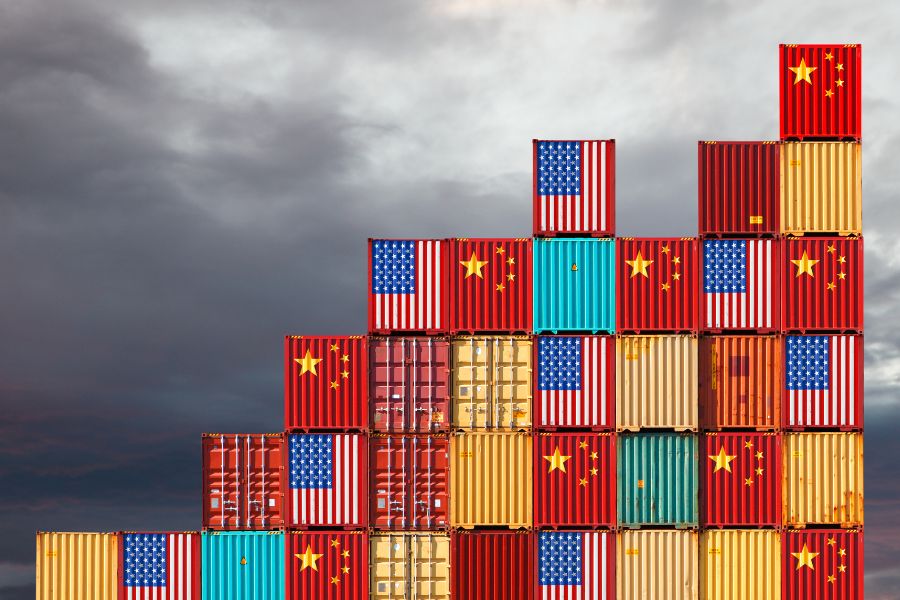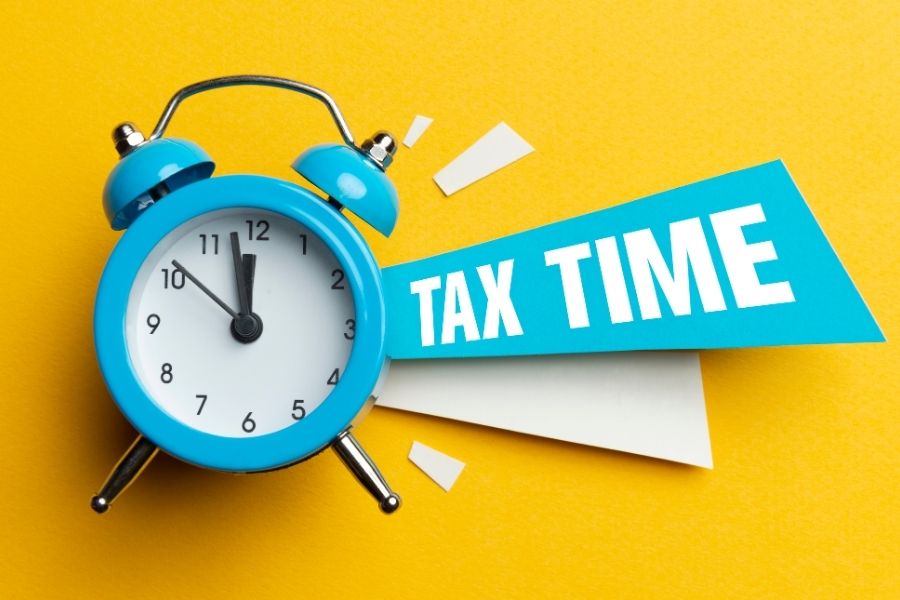Tariffs are one of the oldest tools in international trade, yet they remain at the center of some of the most complex economic debates today. From historical trade wars to modern policy decisions, tariffs affect everything from the price of groceries to the strength of national currencies. But what exactly are tariffs, how do they function, and why do they ripple through the global economy?
What Are Tariffs?
At their core, tariffs are taxes imposed by a government on imported goods. When a product crosses a country’s border, a tariff adds a fee—typically a percentage of the product’s value—that must be paid before it can be sold in the domestic market.
There are two main types of tariffs:
- Ad valorem tariffs: These are based on a percentage of the goods’ value (e.g., 10% of a $100 product = $10 tariff).
- Specific tariffs: These are fixed fees per unit, regardless of the product’s value (e.g., $5 per ton of steel).
How Do Tariffs Work?
Let’s say Country A imports steel from Country B. To protect its local steel industry, Country A imposes a 20% tariff on imported steel. As a result:
- The imported steel becomes more expensive for consumers and businesses in Country A.
- Domestic producers can become more competitive because their prices may now be closer to or lower than the imported alternative.
- Country B may retaliate by imposing its own tariffs on goods from Country A, potentially leading to a trade war.
The Intended Goals of Tariffs
Tariffs can serve several economic and political purposes:
- Protect domestic industries from cheaper foreign competition
- Generate revenue for the government
- Encourage local production and job creation
- Retaliate against unfair trade practices from other countries
However, tariffs often come with trade-offs and unintended consequences.
How Tariffs Affect Currency
Tariffs don’t just influence prices— they create currency volatility, which can affect international investment and trade relationships.
- When tariffs are imposed, imported goods become more expensive, potentially reducing demand for foreign currencies.
- If a country exports less due to retaliatory tariffs, demand for its currency may fall, leading to a depreciation in value.
- On the other hand, if tariffs lead to a stronger domestic economy and higher interest rates, the currency may strengthen due to increased investor confidence.
Tariffs and the Global Economy
Tariffs can have far-reaching effects on global trade, supply chains, and economic growth:
- Disrupted supply chains: Many modern products rely on parts from multiple countries. Tariffs on any of these parts can raise costs and delay production.
- Trade wars: Prolonged tariff disputes, like the U.S.-China trade war, can slow global growth and strain diplomatic relations.
- Inflationary pressure: Higher import costs can lead to increased prices for consumers and businesses, especially for industries reliant on foreign goods.
- Shifts in trade flows: Countries affected by tariffs may look to alternate markets or suppliers, reshaping global trade dynamics.
Are Tariffs Good or Bad?
The answer depends on who you ask—and what the broader economic context is.
- Proponents argue tariffs protect national interests, defend against unfair trade practices, and can strengthen domestic industries.
- Critics warn that tariffs raise prices, hurt global competitiveness, and often lead to retaliation that harms all parties involved.
Like any economic tool, tariffs’ impact is nuanced. Used strategically and in moderation, they can support policy goals. Used excessively or politically, they risk destabilizing the global economy.
Navigating a Tariff-Heavy World
Understanding tariffs is essential in today’s interconnected economy. Whether you are a consumer noticing rising prices, a business navigating new supply chain costs, or an investor watching currency markets fluctuate—tariffs touch nearly every corner of modern life.
In an era of evolving trade policy and economic uncertainty, staying informed about how tariffs work helps demystify the headlines and empowers smarter decision-making. Whether they're being used to protect an industry or assert global influence, tariffs remind us that in economics, no decision exists in a vacuum—and every action has global consequences.






